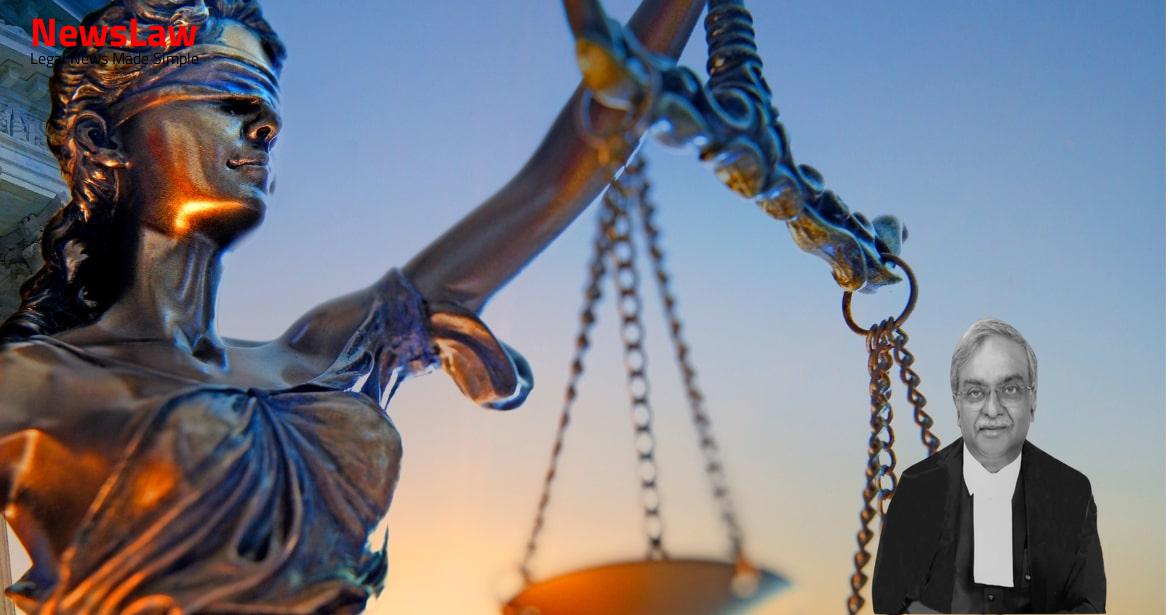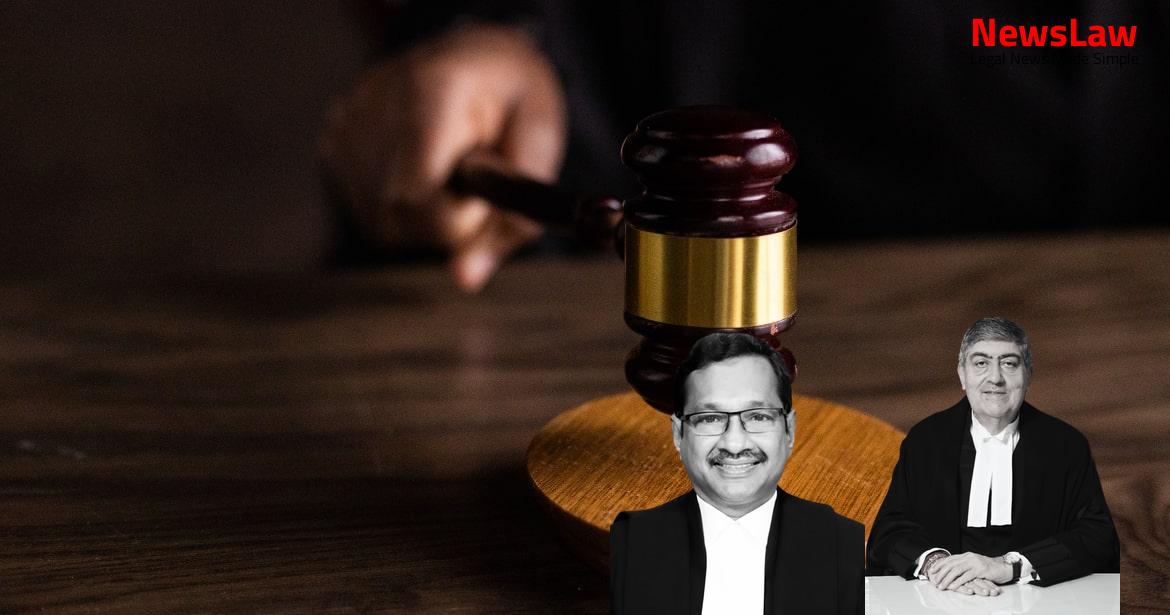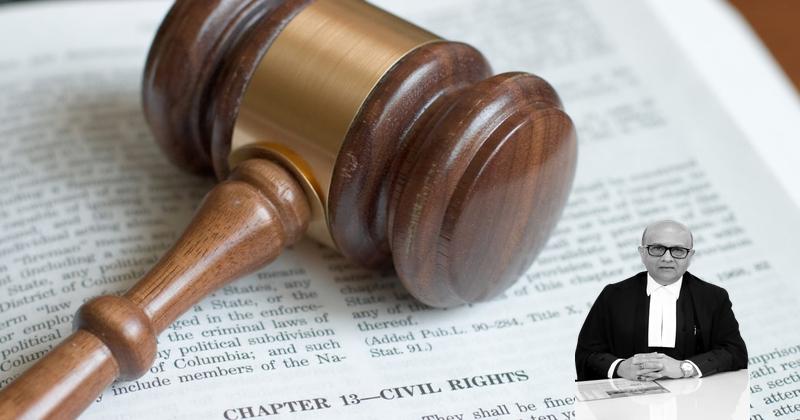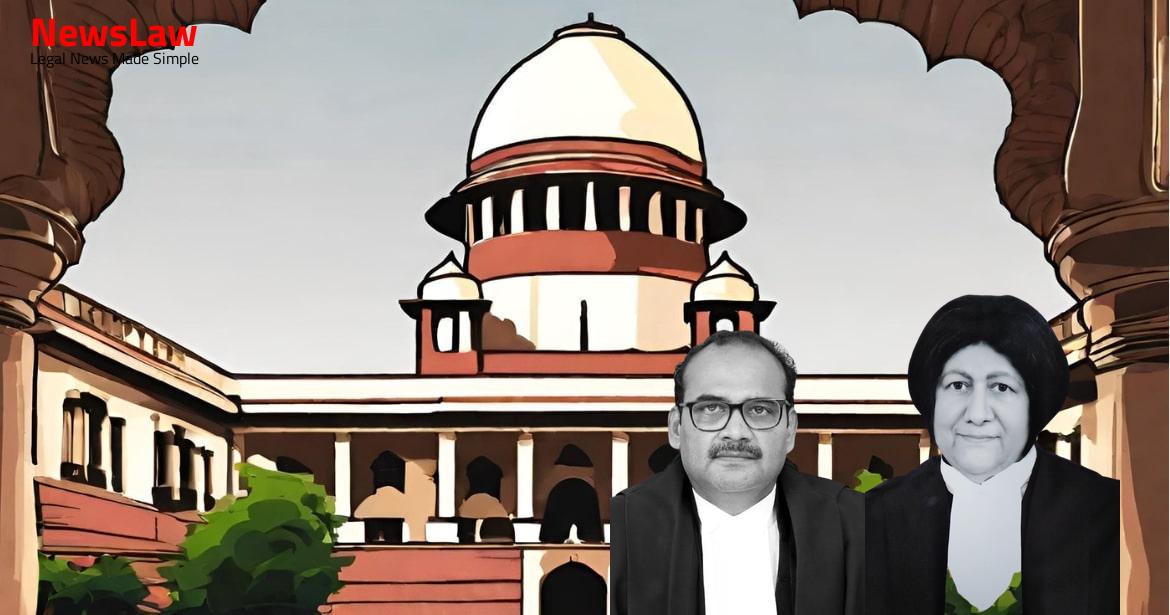In a recent case, the Court delved into the complex issue of time-barred debts in proceedings under the NI Act. The Court’s legal analysis highlighted the significance of evidence and the role of appropriate forums in determining the enforceability of debts. Stay tuned to explore the nuances of this pivotal decision.
Analysis
- The appeal is regarding the quashing of summoning order in a Section 138 NI Act case by the High Court.
- The High Court quashed the proceedings stating the debt was time-barred at the time of issuance of the summoning order.
- The debt of approximately Rs.20,10,000 was owed by Respondent No. 2 to the Appellant from transactions in 2011.
- Respondent No. 2 issued a cheque for Rs.20,00,000 in favor of the Appellant.
- High Court relied on agreements and receipts from 2011 to conclude the debt was time-barred and legally unenforceable.
- This decision was based on the evidence presented by the parties.
- Court referred to a previous case stating that determining if a cheque was issued for a time-barred debt is a matter of evidence and cannot be decided at the stage of issuance of summons.
- The question of the time-barred nature of an underlying debt in proceedings under Section 138 of the NI Act is a mixed question of law and fact.
- This issue should not be decided by the High Court under Section 482 of the CrPC.
- The High Court should not interfere in such matters and leave it to the appropriate forums for determination.
Also Read: Analysis of Jurisdiction under Section 319 of the CrPC
Decision
- The proceedings from the Underlying Complaint CC No 6437 of 2017 have been restored to the Trial Court.
- Any pending applications have been disposed of.
- The appeal has been allowed, and the Impugned Order has been set aside.
Also Read: Interpretation of Section 34 IPC in Conviction and Sentencing
Case Title: ATAMJIT SINGH Vs. STATE (NCT OF DELHI) (2024 INSC 84)
Case Number: Crl.A. No.-000516-000516 / 2024



